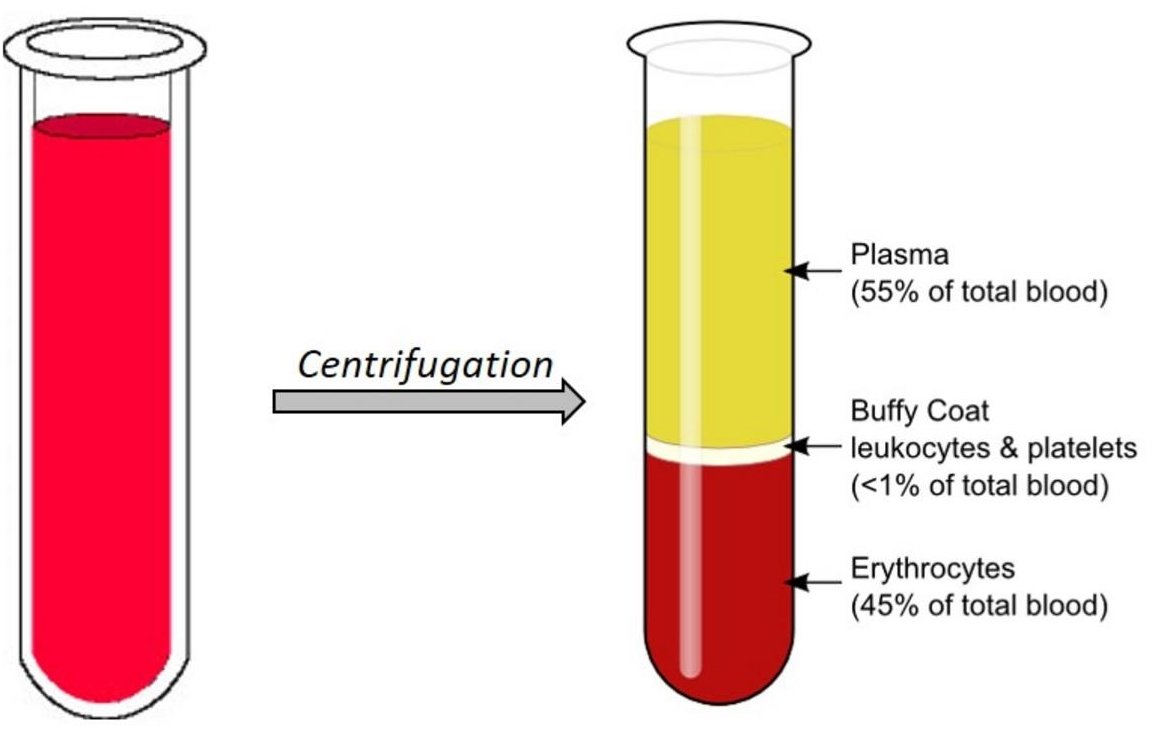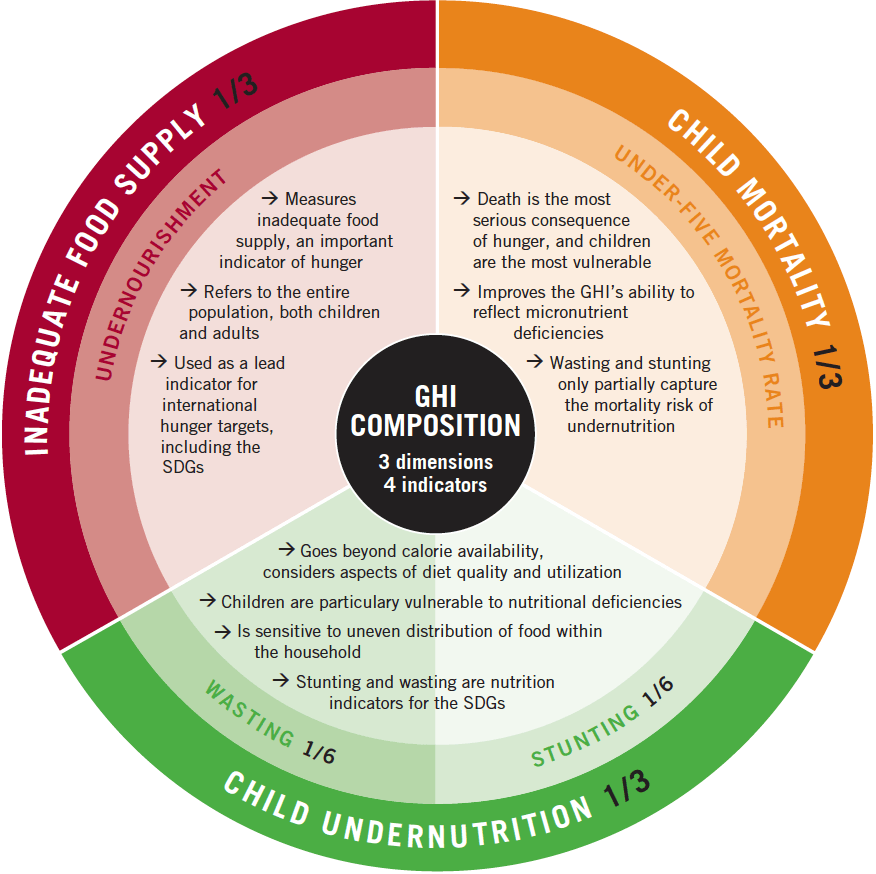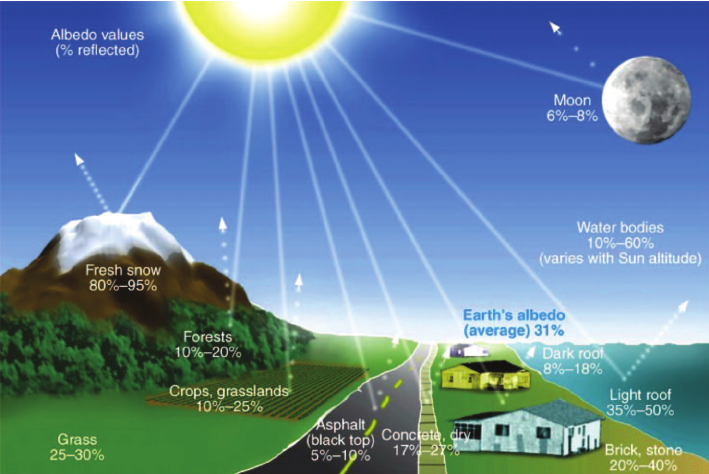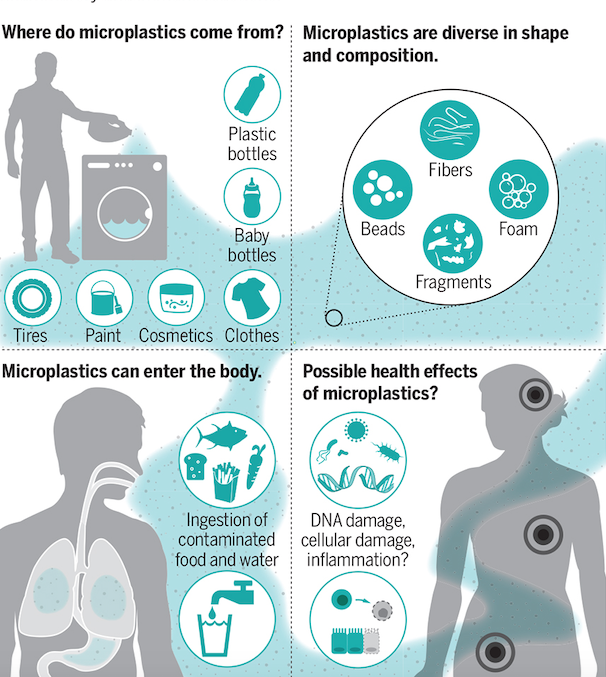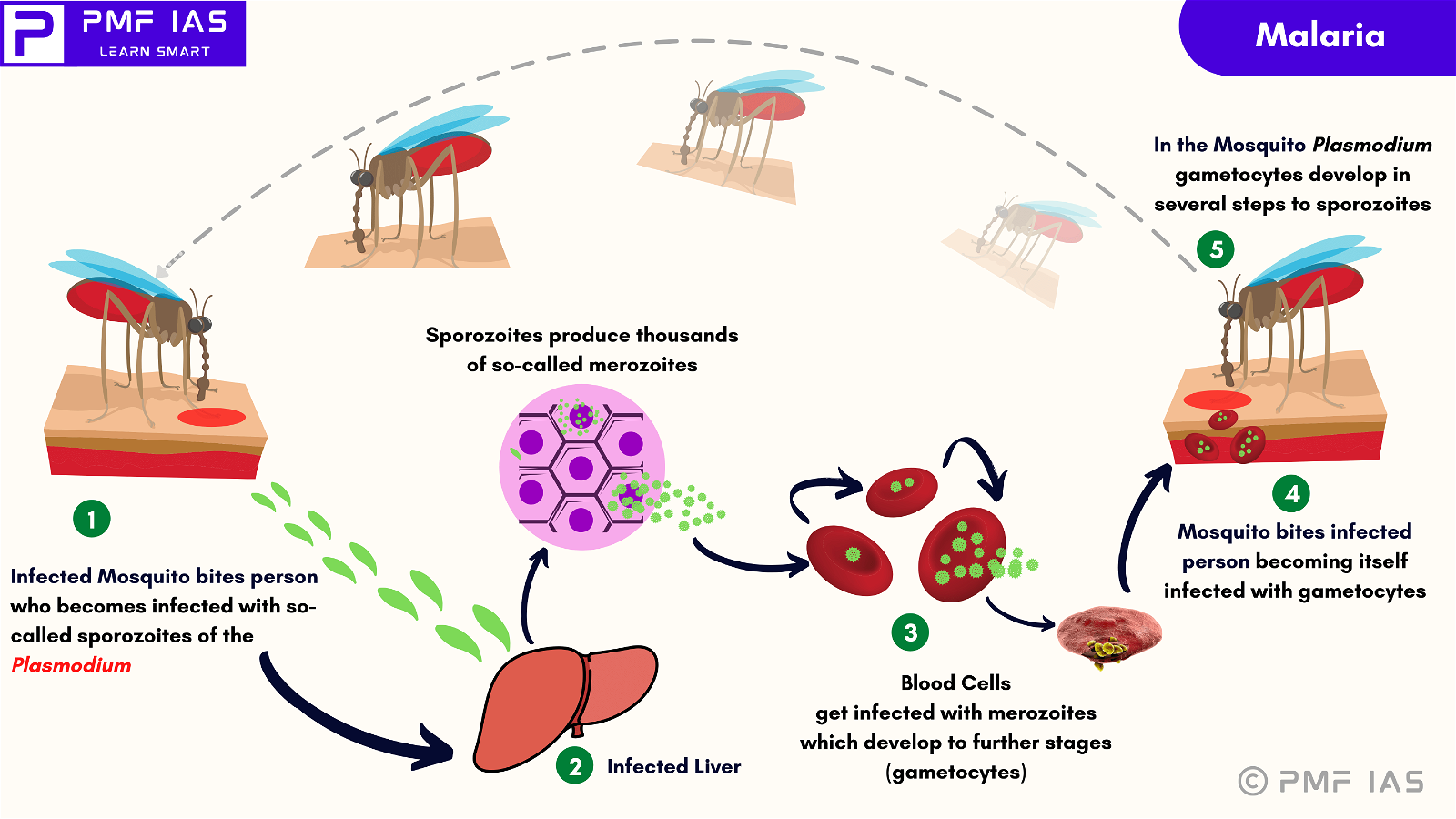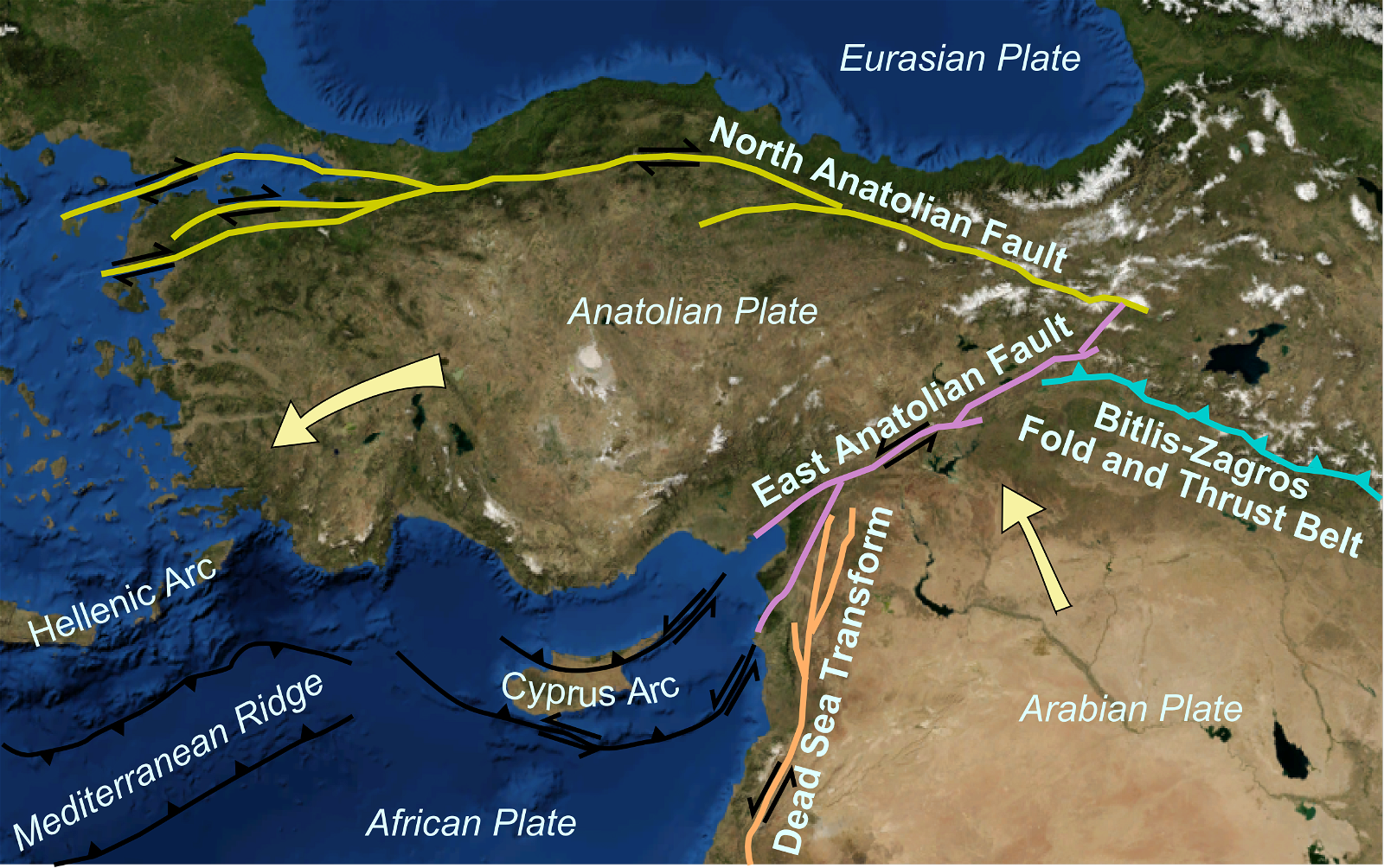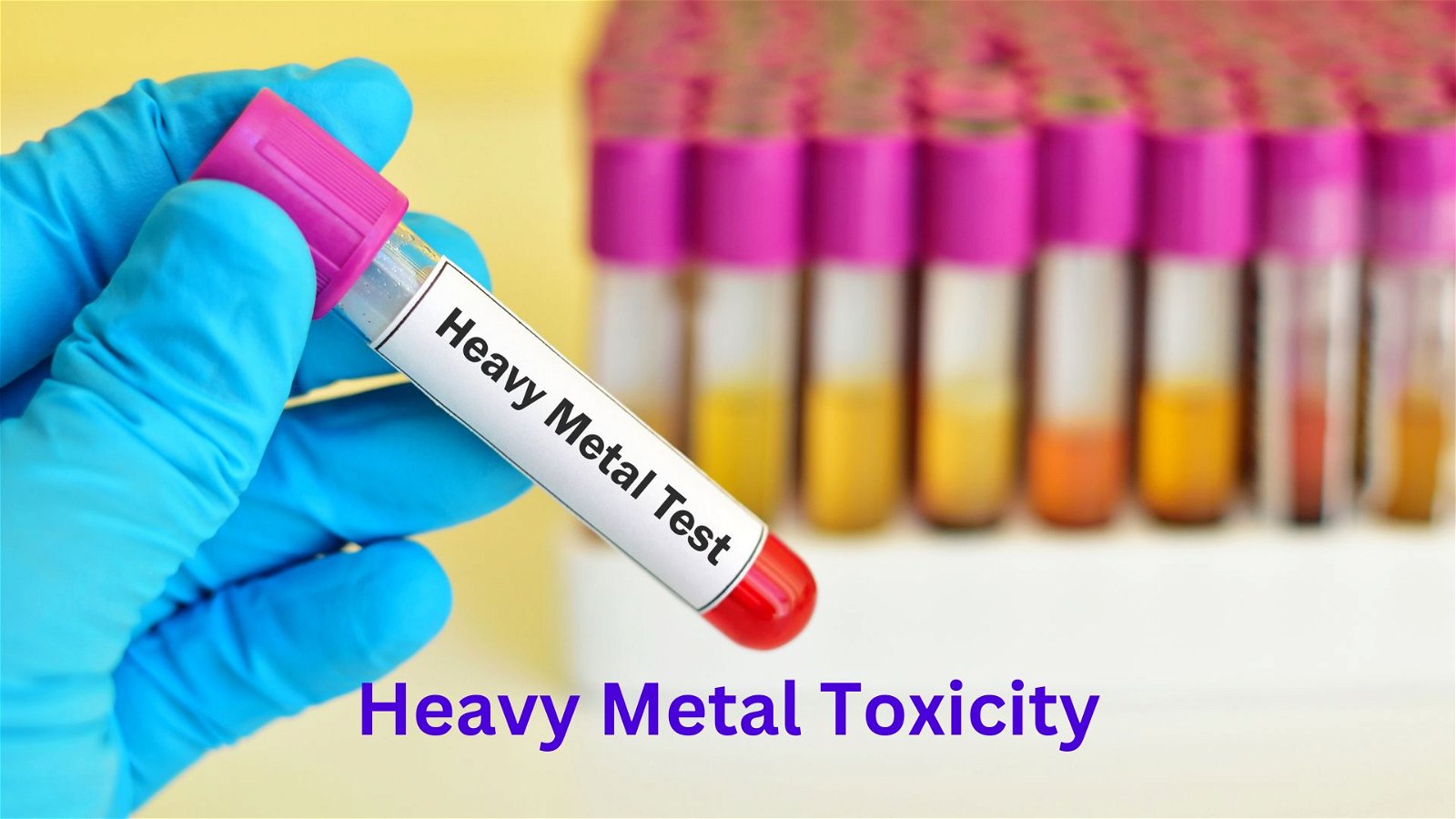
Bombay Blood Group is extremely rare (1 in 4 million)
Subscribe to Never Miss an Important Update! Assured Discounts on New Products!
Must Join PMF IAS Telegram Channel & PMF IAS History Telegram Channel
- Context (HT): The Bombay blood group is extremely rare.
Blood Groups
- Blood groups are classified based on the presence or absence of specific antigens (chemicals that can induce immune response) on the surface of RBCs.
- Similarly, the plasma of different individuals contains two natural antibodies (proteins produced in response to antigens).
- The four most common blood groups are A, B, AB and O.
- AB-positive blood type is the universal recipient because AB-positive patients can receive red blood cells from all blood types.
- Blood donors with type O negative red blood cells are referred to as universal donors, and their red blood cells can be given to any other blood type.
|
| Blood Group | Antigens | Antibodies | Can give blood (RBC) to | Can receive blood (RBC) from |
| AB | A and B | None | AB | AB, A, B, O |
| A | A | B | A and AB | A and O |
| B | B | A | B and AB | B and O |
| O | None | A and B | AB, A, B, O | O |
Antigen H
- H antigen is a sugar molecule found on the surface of RBCs and in other bodily secretions.
- It is the precursor to the A and B antigens, the two main antigens determining blood type.
- Depending upon a person’s ABO blood type, the H antigen is converted into either the A antigen, B antigen, or both. If a person has blood group O, the H antigen remains unmodified.
Bombay Blood Group (BBG)
- BBG was first discovered in Mumbai (then Bombay) in 1952.
- Also known as hh, BBG is deficient in expressing H antigen, meaning the RBC has no H antigen.
- The hh blood group is frequently mistaken for the O group, but the key distinction is that the O group possesses the H antigen, whereas the hh group does not.
- Lack of H antigen does not indicate a weak immune system or increased disease susceptibility.
- Their counts for haemoglobin, platelets, WBCs and RBCs are similar to those of other blood types.
- Globally, the hh blood type is rare (1 in 4 million), with a higher occurrence in South Asia.
Concern with BBG: Transfusion Limitations
- The individuals with BBG can only be transfused autologous blood (same blood group).
- Rejection may occur if they receive blood from A, B, AB or O blood group.
- In contrast, the hh blood group can donate blood to ABO blood types.
- This group is rarely stored in blood banks due to its rarity (blood has a shelf life of 35-42 days).
- So, a donor is required very urgently when there is a demand for a BBG patient.
For a detailed study on Blood > Blood | Blood Groups | Formed Elements – PMF IAS





![PMF IAS Environment for UPSC 2022-23 [paperback] PMF IAS [Nov 30, 2021]…](https://pmfias.b-cdn.net/wp-content/uploads/2024/04/pmfiasenvironmentforupsc2022-23paperbackpmfiasnov302021.jpg)
